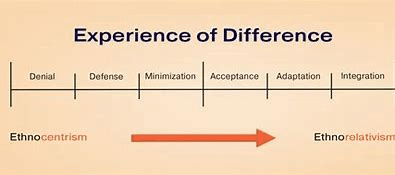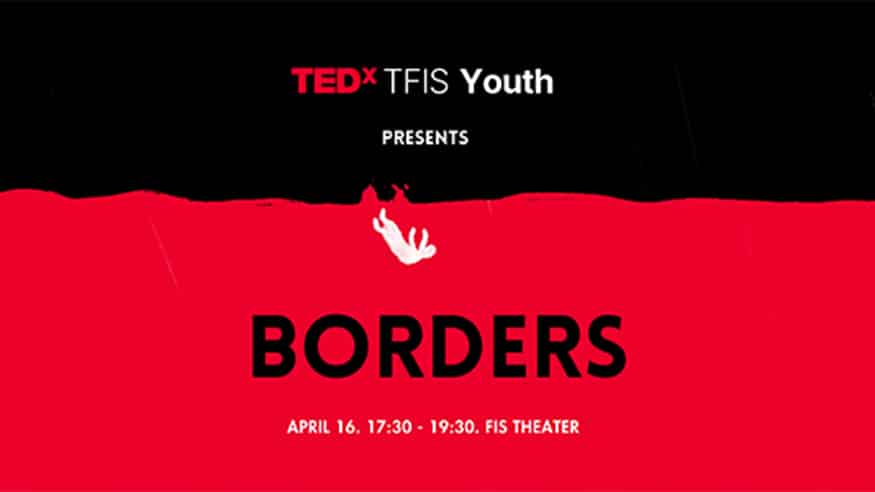The FIS is a professional learning community that expects its staff to remain lifelong learners. We learn and develop from the contribution of FIS colleagues as well as external educators/trainers and strive for individual and collective initiatives that develop our professional practice.
On Wednesday last week, a Professional Learning (PL) Day was organized at the FIS. Led by various experts within the school, the day saw a range of sessions involving challenging conversations, actionable guidance, and deep reflection. Below is an overview:
Cultural Sensitivity and Humility; Addressing Personal Bias
Led by Trish Appel and Liam Browne
During our PL session, we reflected on cultural sensitivity and humility. In an international school context, we are aware that cultural differences and similarities between people exist. However, with cultural sensitivity and humility, we need to be aware that we are not assigning these similarities and differences a conscious or unconscious value.

Our group looked at the Bennett scale of cultural sensitivity: Three ethnocentric orientations, where one’s culture is experienced as central to reality (Denial, Defense, Minimization), and three ethnorelative orientations, where one’s culture is experienced in the context of other cultures (Acceptance, Adaptation, Integration). While our group felt we were on the ethnorelative side of the scale we considered how we could move to the adaptation end of the scale where we are able to adopt the perspective of another culture, when they can empathize intellectually and emotionally with the experiences of others, or when they can interact in relaxed, authentic, and appropriate ways with people from different cultures.
We also considered lessons where our group felt the adaptation target was being reached and we considered our definition of international mindedness in light of the Bennett scale.
Responsible Behavior
Led by Sibylle Harth
Using the Secondary School’s Responsible Behavior Guidelines as a starting point, we explored the role of restorative “connection circles” and unpacked possible responses to student-student or student-teacher interaction scenarios.
These ongoing conversations are particularly relevant as we emerge from a pandemic; two years that have impacted all members of our community. For students, the social learning opportunities have been quite different from previous years and we continue to engage actively with the question of how we can have clear boundaries, whilst encouraging students to learn about the balance between their rights as individuals and their responsibilities towards others. We read a great deal in the media about “learning loss”. And while academics are often the focus of such articles, we believe that adolescents’ social and emotional development may have been impacted so significantly that we need to further improve our practices in this area.
So what does this mean for Responsible Behavior on campus? We challenge our students to be respectful, responsible, and safe in their interactions. And when we harm one another, we approach this first and foremost from a perspective of learning and restoration: Learning to see the impact of one’s actions, understand how to act differently, repair the harm, and return to the group strengthened.
Device Use and Guidelines
Led by Allen Lindblad and Matt Chambers
The rapidly increasing capability and functionality of mobile devices require that students, teachers, and parents address and identify the risks and benefits that mobile phones and other electronic devices may provide at the FIS.
At our school, we are committed to ensuring that students’ use of personal devices enhances learning in the classroom. These guidelines aim to support in-person social interaction but also understand and appreciate that devices can be used to strengthen the community through safe and engaging digital interactions.
These guidelines should also strengthen our commitment to maintaining the privacy of students and staff, as well as the community as a whole.
Trauma and Resilience-Informed Care
Led by Michelle Ang, Bonnie Tanz and Petra Niemczyk
When our school operates through a trauma- and resilience-informed lens, we’re assuring that our everyday interactions and practices take into consideration that some members of our community may have experienced, or are currently experiencing, adverse circumstances that impact their daily lives.
The session focused on two main areas: recognizing, understanding, and responding effectively to the physiological effects of stress and/or trauma; and trauma-informed approaches to fostering psychologically safe classrooms and school environments. We also took time to explore ways of promoting resilience and empowerment for all students. As one colleague shared through anonymous feedback that they appreciated the school’s focus on such topics, and looked forward to more sessions like this one.
We would like to thank our panel experts for organizing the sessions. Also thank you to our staff for participating and engaging with these topics, as they help us to be better educators.





